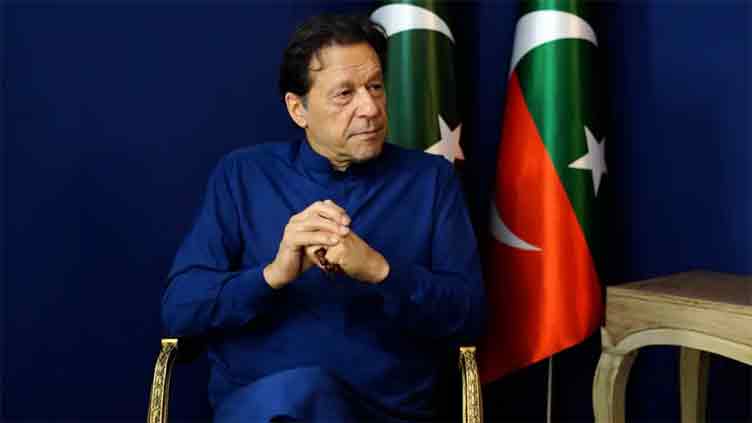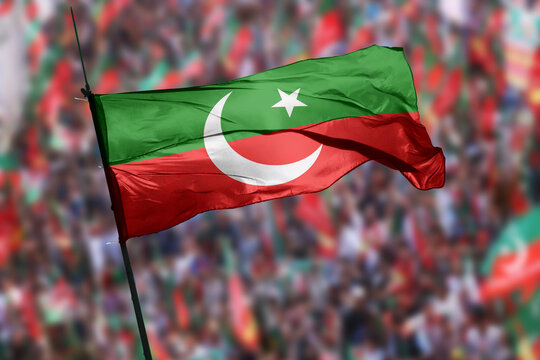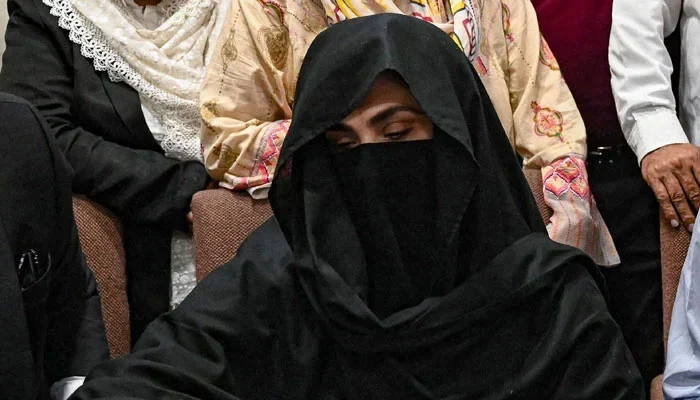LAHORE: Pakistani politics is known for the turmoil it goes through and interestingly only one out of nine prime ministers from 1999-2022 has been able to return to the National Assembly after fresh elections, reported The News on Thursday.
Every outgoing prime minister except one out of the total 9 has not been able to return to the lower house of Parliament either because they lost the election, were disqualified or some other reason.
Between 1999 to 2022, the former prime ministers Nawaz Sharif (twice), Zafar Ullah Jamali, Shujaat Hussein, Shaukat Aziz, Syed Yusuf Raza Gilani, Raja Pervaiz Ashraf could not qualify for the very next National Assembly. Now Pakistan Tehreek-e-Insaf (PTI) founder Imran Khan has also joined the list as his papers have been rejected due to his disqualification.
Among all these former prime ministers, Shahid Khaqan Abbasi is the only one who took oath as PM and was able to return to the very next National Assembly. However, his return was likely due to the NA seat he was able to win in the by-poll in Lahore after suffering defeats from Murree and Islamabad in the 2018 elections.
Abbasi had almost missed the next NA after suffering defeats in the 2018 general elections but he was fortunate to have won the NA-124 by-polls from Lahore due to which he returned to the NA.
Had he not won the by-polls then nine out of nine former PMs between 1999 to 2022 would have missed the next NA that came into being after the one which made them prime minister.
It remains to be seen whether the number would reach one out of 10 or not as former prime minister Shehbaz Sharif, who was elected PM last, is contesting polls for two National Assembly seats.
On October 12, 1999, then PM Nawaz Sharif was removed after a coup by then army chief Gen (retd) Pervez Musharraf.
By 2000, Nawaz had left Pakistan and he was not part of the National Assembly that came into power following the October 2002 polls.
Between 2002 to 2007, Shaukat Aziz, Chaudhry Shujaat Hussain and Zafar Ullah Jamali served as PM. However, all of them failed to return to the National Assembly that was elected after the 2008 polls.
Syed Yusuf Raza Gilani of PPP served as the PM between 2008 to 2012 and after the Supreme Court’s ruling disqualified him he could not contest the next polls and was out of the next NA.
Raja Pervaiz Ashraf, who replaced Gilani as the new PM, lost the 2013 general elections and like his predecessor could not become the part of the next NA that was elected for 2013-2018.
Nawaz Sharif, the PML-N supermo who became PM in 2013 had to face disqualification through court in 2017 and after being convicted by the court, he was unable to contest the next general election and could not become part of the National Assembly that continued between 2018 to 2013.
Quite contrary to this, between 1988 to 1999, the tradition was different. Benazir Bhutto became Prime Minister in 1988.
In the next National Assembly that came in 1990, Nawaz became PM but Benazir Bhutto was part of that NA and she also served as Opposition leader. Benazir Bhutto became Prime Minister in 1993 while Nawaz Sharif was part of that NA and also served as the Opposition leader. Even in the 1997 Assembly while PPP had only 17 seats, Benazir Bhutto remained part of that NA from where Nawaz took oath once again.
In Pakistan, for last 25 years that every politician except one who has taken oath as Prime Minister of the country has missed the next National Assembly.


 Latest News3 days ago
Latest News3 days ago
 Latest News3 days ago
Latest News3 days ago
 Latest News3 days ago
Latest News3 days ago
 Latest News3 days ago
Latest News3 days ago
 Latest News3 days ago
Latest News3 days ago
 Latest News3 days ago
Latest News3 days ago
 Latest News3 days ago
Latest News3 days ago
 Latest News3 days ago
Latest News3 days ago





















